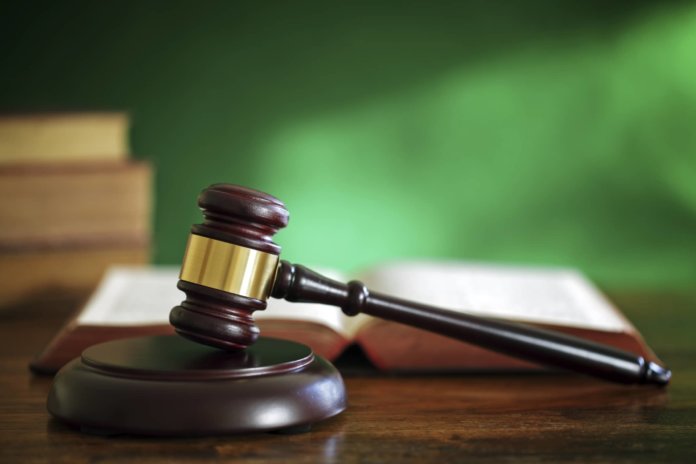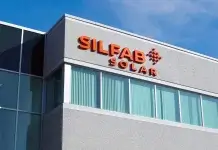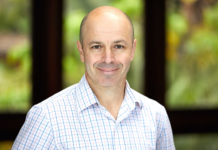JinkoSolar, REC Group and LONGi Solar have all responded to the patent infringement complaints filed earlier this week by Hanwha Q CELLS.
The complaints were filed with the Regional Court of Düsseldorf, Germany, against JinkoSolar and REC Group, and with the U.S. International Trade Commission and the U.S. District Court for the District of Delaware against JinkoSolar, REC Group and LONGi Solar. Hanwha Q CELLS alleged that the companies are unlawfully importing and selling solar cells and modules that infringe Hanwha Q CELLS’ patented passivation technology.
Based on JinkoSolar’s preliminary analysis of Hanwha’s complaints and the asserted patents, Jinko believes that the complaints are “without technical or legal merit.” Jinko, therefore, categorically refutes Hanwha’s allegations and “looks forward to prevailing in court.”
Jinko says it is working closely with its legal counsel and technical advisors to vigorously defend the claims. The company is considering all legal avenues available, including petitioning for the invalidity of Hanwha’s alleged patents. Jinko notes that it fully respects intellectual property rights and encourages healthy competition, but it will take legal action to defend itself, its clients and its partners.
According to REC Group, a preliminary investigation with Germany’s regional Dusseldorf court on March 6 revealed that court fees have not been paid by Hanwha Q CELLS; therefore, the action has not officially commenced in Germany, says REC Group. As the court has not served the action, REC Group argues that it is unable to examine the alleged claims.
REC Group also says it “fully respects” intellectual property rights and thus takes the allegations very seriously. The company is investigating the matter and working closely with its legal counsel and will take all necessary steps to “rigorously defend” itself, its customers and its partners.
As for LONGi Solar, the company says it has not received any legal case documents about the complaints nor any official business negotiation correspondence from Hanwha Q CELLS on the matter.
The company, citing a preliminary analysis of media information on the complaints, claims the patent family used by Hanwha Q CELLS in the complaints is acquired through multiple transfers and transactions from other research institutes and, thus, Hanwha acts as a co-owner for the patents.
Currently, according to LONGi, several opposition procedures against the patents have been filed in Europe, and there is “considerable uncertainty with regards to the validity of the patent rights.” Furthermore, from a technical perspective, the current technology used in LONGi’s products is not the same as the technology contained in the disputed patents; the disputed patents are about ALD technology, while LONGi uses PECVD technology, the company says.
On further analysis of the media information, LONGi believes that the complaint will have no material impact on the production and operations of the company. However, the company says it is “prepared and ready to actively respond against the complaint.”




